Trump-Xi: time to be forthright
China is coming in from a position of strength to challenge American primacy in the Asia-Pacific, and the Trump administration needs to abjure the hopeful, hesitant approach of its predecessors
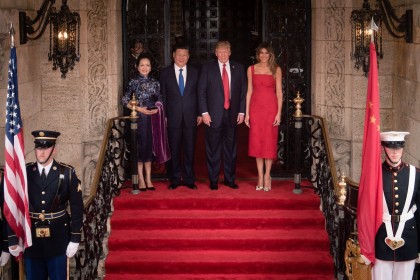 Courtesy: Wikimedia
Courtesy: Wikimedia
China is coming in from a position of strength to challenge American primacy in the Asia-Pacific, and the Trump administration needs to abjure the hopeful, hesitant approach of its predecessors
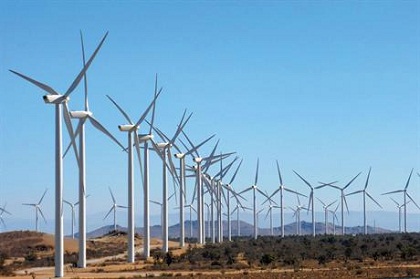 Courtesy: Wind Power Monthly
Courtesy: Wind Power Monthly
Improvements in wind energy technology can not only benefit India’s energy profile, but also enhance relations with neighbouring countries
 Courtesy: Development Management Institute
Courtesy: Development Management Institute
This speech is the first convocation address delivered by Rajni Bakshi, Gandhi Peace Fellow, Gateway House at the Development Management Institute (DMI) Patna on 18 April 2017, which also marked 100 years of Gandhiji's famous statement before the magistrate in Champaran.
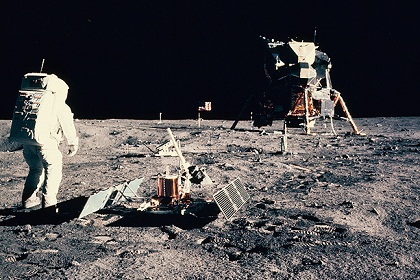 Courtesy: ngm.nationalgeographic
Courtesy: ngm.nationalgeographic
New Delhi’s space policy makers have been promoting the possibility of deriving Helium-3 from the Moon for Earth-based applications for over a decade—but it is not a viable proposition and it’s time they stopped placing the cart before the horse
 Courtesy: Selvaraja Rajasegar
Courtesy: Selvaraja Rajasegar
Yameen Rasheed (1988-2017), Gateway House contributor, blogger and activist, was always full of sharp insights about his country’s politics
 Courtesy: Make in India
Courtesy: Make in India
India remains a problematic destination for foreign Original Equipment Manufacture decision makers. They are up against a range of deterrent factors when engaging with providers of Indian Electronics System Design and Manufacturing solutions. Is this due to protectionism or global policy?
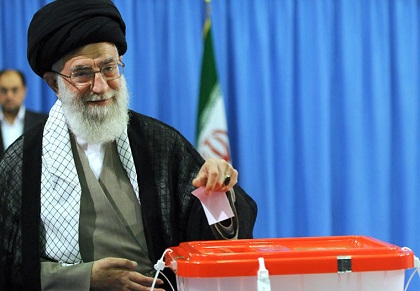 Courtesy: Wikimedia Commons
Courtesy: Wikimedia Commons
Iran’s former president Mahmoud Ahmadinejad’s disqualification from contesting the May 2017 presidential election has reduced the number of aspirants to six. The winner may well be a contender for the post of next Supreme Leader too
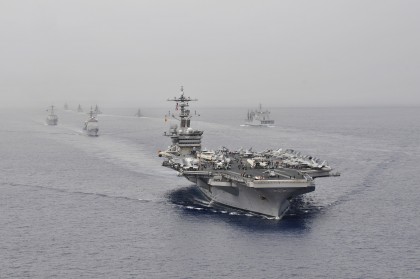 Courtesy: Wikimedia
Courtesy: Wikimedia
As the United States considers its policy options towards North Korea it must understand that Pyongyang has been thinking about military conflict for decades. It too will have military plans and they could pose major challenges for the U.S. This is why China and South Korea–and U.S. regional experts too–prefer the diplomatic route
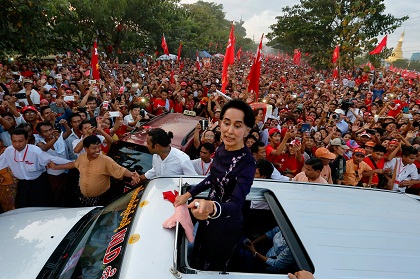 Courtesy: Independent.co.uk
Courtesy: Independent.co.uk
Myanmar’s first democratically elected government in decades completes a year this month, but it has not won widespread appreciation on many counts. Critics have highlighted the areas of darkness, but ignored its many achievements
 Courtesy: Wikipedia
Courtesy: Wikipedia
Referendums are a way of mobilising society and bringing in exceptional change. Turkey’s third constitutional referendum in the last 10 years, being held on Sunday, April 16, is the greatest of them in many respects as it puts the country on uncharted waters, having it move from one unbalanced system to another